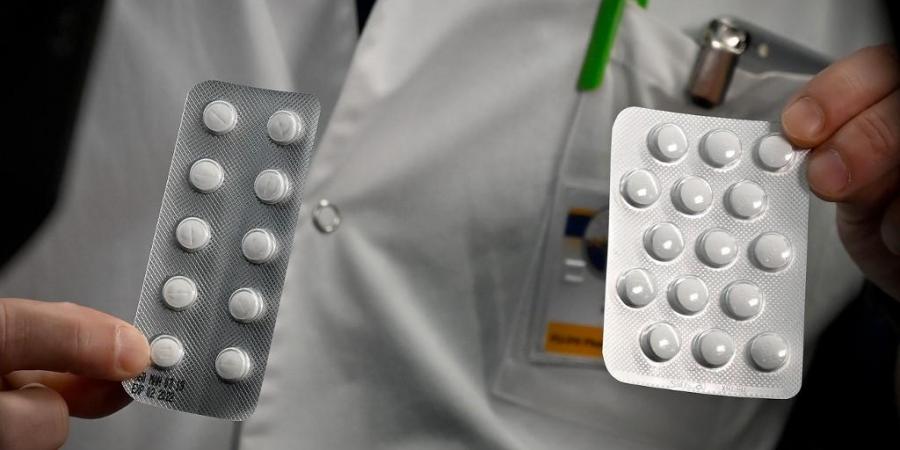
MDedge on Friday reported that hydroxychloroquine (HCQ) is currently the first-line therapy and Tocilizumab the second-line medication for people hospitalised with polymerase chain reaction-confirmed COVID-19 infection in the Yale New Haven Health System, which operates hospitals across Connecticut, one of the hotspots in the US.
Hydroxychloroquine is one of the oldest and best-known anti-malarial drugs. US President Donald Trump has called hydroxychloroquine a “game-changer” drug in the fight against COVID-19.
At Trump’s request, India last month allowed the export of 50 million HCQ tablets to treat COVID-19 patients in America, the worst-hit country by the pandemic.
“Hydroxychloroquine is first-line at Yale because in-vitro data shows potent inhibition of the virus and possible clinical benefit, which is about as good as evidence gets at the moment,” Indian-American cardiologist Nihar Desai told the medical publication.
“It’s cheap, it’s been used for decades, and people are relatively comfortable with it,” he added. “We are trying to do the best we can. One hopes we never have to go through anything like this (coronavirus pandemic) again,” Desai told MDedge.
His home institution, Yale New Haven Hospital, is almost half full with COVID-19 patients, at more than 400, the report said.
On Friday, US Food and Drug Administration gave emergency use authorization (EUA) for the use of investigational anti-viral Remdesivir for the treatment of COVID-19 patients.
HCQ was the first drug to receive EAU from FDA for the treatment of COVID-19 patients. The vaccine has reportedly cured patients in New York and several other places.
Reports indicate that the malaria drug has been effective during the initial phases of a person being infected by coronavirus but poses a danger to those having heart ailments.